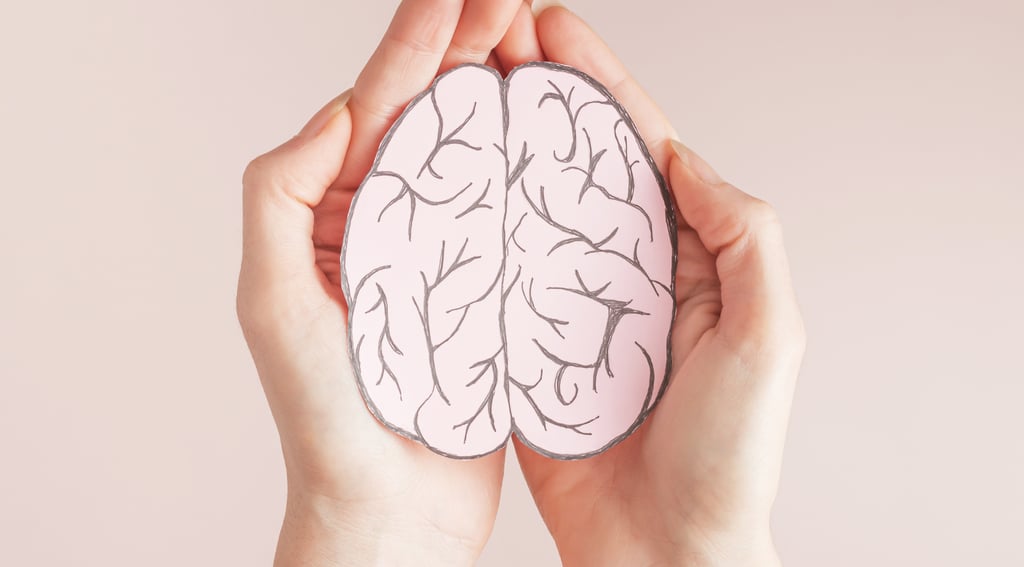The Importance of Mental Health Awareness
Mental health awareness is crucial for breaking the stigma associated with mental health issues. By promoting understanding and providing resources for mental well-being, we can create a society that supports and uplifts individuals struggling with mental health conditions. Remember, seeking help is a sign of strength, and everyone deserves to live a life of mental well-being.


The Importance of Mental Health Awareness
In recent years, there has been a growing recognition of the importance of mental health. It is no longer seen as a taboo topic but rather as an essential aspect of overall well-being. Mental health affects how we think, feel, and act, and it plays a crucial role in our ability to cope with stress, maintain relationships, and achieve our goals.
Breaking the Stigma
Unfortunately, despite the progress made in understanding mental health, there is still a significant stigma associated with mental health issues. This stigma often prevents individuals from seeking help and support, leading to a worsening of their condition and a decreased quality of life.
One of the main reasons for this stigma is a lack of understanding. Mental health conditions are often invisible, making it difficult for others to empathize or offer support. Additionally, misconceptions and stereotypes perpetuate the belief that individuals with mental health issues are weak or dangerous.
However, it is important to remember that mental health conditions are just like any other health condition. They are not a reflection of a person's character or strength. Mental health issues can affect anyone, regardless of age, gender, or background. By breaking the stigma surrounding mental health, we can create a more inclusive and supportive society.
Resources for Mental Well-being
Fortunately, there are numerous resources available for individuals struggling with mental health issues. These resources aim to provide support, education, and treatment options to those in need.
1. Mental Health Hotlines: Many countries have helplines that offer immediate support and guidance for individuals in crisis. These hotlines are staffed by trained professionals who can provide a listening ear and connect callers to appropriate resources.
2. Therapy and Counseling: Therapy and counseling can be incredibly beneficial for individuals struggling with mental health issues. Therapists and counselors provide a safe and non-judgmental space for individuals to explore their thoughts and emotions, develop coping strategies, and work towards positive change.
3. Support Groups: Support groups bring together individuals who are facing similar challenges. These groups provide a sense of community and understanding, allowing participants to share their experiences, offer support, and learn from one another.
4. Online Resources: The internet has opened up a wealth of resources for mental health support. There are numerous websites, forums, and apps that offer information, self-help tools, and online communities for individuals seeking support.
5. Workplace Programs: Many employers now recognize the importance of mental health in the workplace and offer programs and resources to support their employees. These may include employee assistance programs, mental health training, and access to counseling services.
Taking Care of Your Mental Health
While it is crucial to seek professional help when needed, there are also steps individuals can take to prioritize their mental well-being on a daily basis.
1. Self-Care: Engage in activities that bring you joy and relaxation. This could be anything from reading a book to taking a walk in nature. Prioritizing self-care helps to reduce stress and improve overall mental health.
2. Healthy Lifestyle: Take care of your physical health as it is closely linked to mental health. Eat a balanced diet, exercise regularly, and get enough sleep. These lifestyle choices can have a significant impact on your mood and overall well-being.
3. Social Support: Surround yourself with supportive and understanding individuals. Build and maintain strong relationships with friends and family members who uplift and encourage you.
4. Stress Management: Develop healthy coping mechanisms for managing stress. This could include practicing mindfulness, deep breathing exercises, or engaging in hobbies that help you relax.
5. Limiting Social Media: While social media can be a useful tool for connection, it can also contribute to feelings of inadequacy and comparison. Set boundaries and limit your time on social media to protect your mental well-being.
Conclusion
Mental health awareness is crucial for breaking the stigma associated with mental health issues. By promoting understanding and providing resources for mental well-being, we can create a society that supports and uplifts individuals struggling with mental health conditions. Remember, seeking help is a sign of strength, and everyone deserves to live a life of mental well-being.
Disclaimer: This fact sheet by the “NutrifyTheWorld” provides information that should not take the place of medical advice. We encourage you to talk to your health care providers (doctor, registered dietitian, pharmacist, etc.) about your interest in, questions about, or use of dietary supplements and what may be best for your overall health. Any mention in this publication of a specific product or service, or recommendation from an organization or professional society, does not represent an endorsement by OSD of that product, service, or expert advice.


